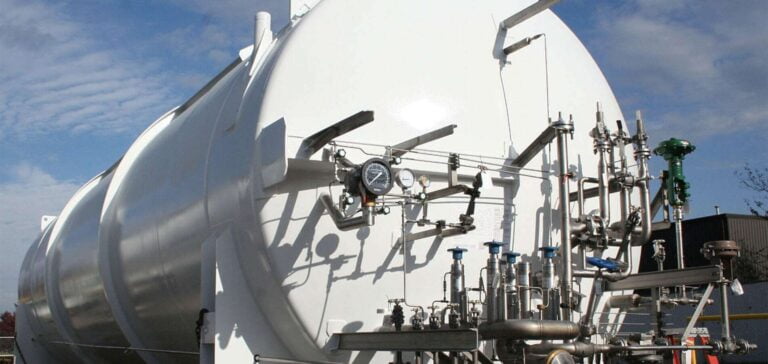Allianz recently published a report on the operational risks encountered in hydrogen projects.
The insurer believes that requests for insurance cover for this type of project should increase.
Allianz clears hydrogen risks
Allianz recently published a bulletin highlighting the challenges involved in developing the hydrogen industry.
The insurance company highlights the risks involved in producing, storing and transporting this energy.
Allianz also points to potential technical and commercial failures.
The risk of fire and explosion is the most important and costly: it accounts for more than half of the top 20 insurance losses.
1 in 4hydrogen fires is attributed to leaks.
These are difficult to identify, as hydrogen is odorless and colorless.
Allianz identifies other risks: in particular, hydrogen diffusion can cause metal and steel to become brittle.
This increases the likelihood of hydrogen-assisted cracking.
These risks have major repercussions during the design phase.
Finally, all these hazards multiply the risks associated with business interruptions.
Hydrogen production and transportation involve high-tech equipment.
The failure of a single piece of equipment can lead to an interruption in the production chain, and cause major financial losses.
Insurance claims on the rise
As Christopher van Gend, International Head of Allianz’s Energy & Construction Sector, points out, “We must not forget that these projects involve risks […] requiring high levels of engineering expertise and insurance know-how to be able to provide cover”.
Autonomous hydrogen projects have been rare on the insurance market, given the high risks involved.
Withhydrogen projects on the rise, insurers can expect to see an increase in demand for coverage.
Hydrogen, the vehicle of the future?
Hydrogen is emerging as an attractive alternative to fossil fuels such as oil and coal.
It has a variety of uses: as an energy carrier, a storage medium, a fuel, a potential substitute for hydrocarbons in certain industries, etc. Hydrogen should therefore play a major role in the transition to a low-carbon economy.
USD 70 billion in public funding for hydrogen
As a result, it is expanding worldwide: 30 countries have already produced hydrogen programs since the beginning of 2021.
Hydrogen is estimated to represent $70 billion in public funding.
More than 200 large-scale production projects are currently in the pipeline.
The United States, for example, is investing heavily in hydrogen.
By 2030, this industry is expected to employ 700,000 people.
It will generate $140 billion in annual revenues.






















